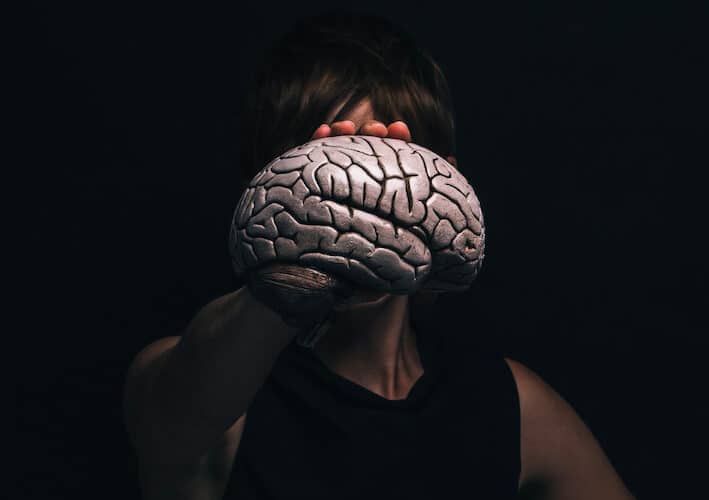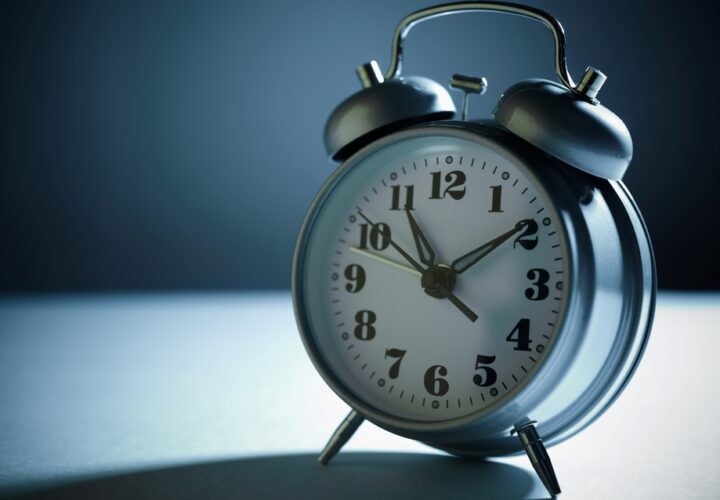Whether it’s sleeping too much or experiencing fragmented sleep, people with Alzheimer’s or other types of dementia may often experience disruptions in their circadian rhythms. Now, a new insomnia drug is available for Alzheimer’s patients to help smooth out sleep difficulties.
The Food & Drug Administration (FDA) approved Belsomra, an insomnia drug developed by Merck, for use among Alzheimer’s patients, the company announced this week. Belsomra is also known by its generic name, suvorexant.
In a study published this month in Alzheimers & Dementia, researchers investigated suvorexant’s potential in treating insomnia among patients who had mild-to-moderate Alzheimer’s disease. The study focused on 285 participants and found that suvorexant improved their total sleep time, or TST.
Given the latest findings, the FDA approved an updated label on Belsomra to include treatment for Alzheimer’s-related insomnia.
“Alzheimer’s disease is often accompanied by disruptions to an individual’s sleep-wake patterns and overall difficulty sleeping,” Dr. Joseph Herring, associate vice president of Global Clinical Research, Neuroscience at Merck Research Laboratories, said in the company’s news release.
“We’re pleased that the prescribing information for BELSOMRA now includes findings from Merck’s first dedicated study of an insomnia medication in patients with mild-to-moderate Alzheimer’s disease,” Herring continued.
Sleep and dementia have long intertwined. Whether it’s chronic sleep deprivation contributing to an increased risk of Alzheimer’s, or facing sleep problems once a person is already diagnosed, researchers have examined the two in tandem.
It’s well-established that sleep deprivation can not only lead to a higher risk of chronic diseases like heart disease or obesity–but it can also take a heavy toll on the brain. One recent study measured the effect of losing even just one night of sleep on the brain, and found pulling an all-nighter was enough to trigger the increase of a biomarker associated with Alzheimer’s in people’s blood.
Other researchers have cited that poor sleep and limited deep sleep is associated with a 40 percent decline in memory performance.
In a past interview with Being Patient, sleep scientist Dr. Daniel Gartenberg discussed how crucial deep sleep is in clearing the brain of harmful elements.
“Sleep cleans out a lot of the bad plaques that build up during the day,” Gartenberg said. “Also, there are things [sleep affects] that you might not even think about. For example, you’re more sensitive to pain when you’re sleep deprived.”
“Deep sleep is thought to be the more regenerative aspect of sleep that’s associated with human growth hormones and memory abilities,” he added.
And once someone is diagnosed with Alzheimer’s, sleep issues may exacerbate behavioral, emotional and cognitive issues already at play. It makes sense, then, that patients and caregivers would turn to sleep aids and insomnia medications to help lighten the load.
However, it’s important to discuss with your doctor first, as an increase in certain types of medications–including antidepressants, antipsychotics or insomnia drugs–could have varying effects on patients.






My wife has Lewy Body Dementia and a very disrupted sleep pattern. Is this drug something nher neurologist should consider?
Phil, Consult Your Physician – Being Patient does not give medical advice, nor is any information on the site intended to be prescriptive medical advice. If you have any questions about your health or the health of your loved one, please consult your physician for any and all medical-related questions. ~ Thank you.